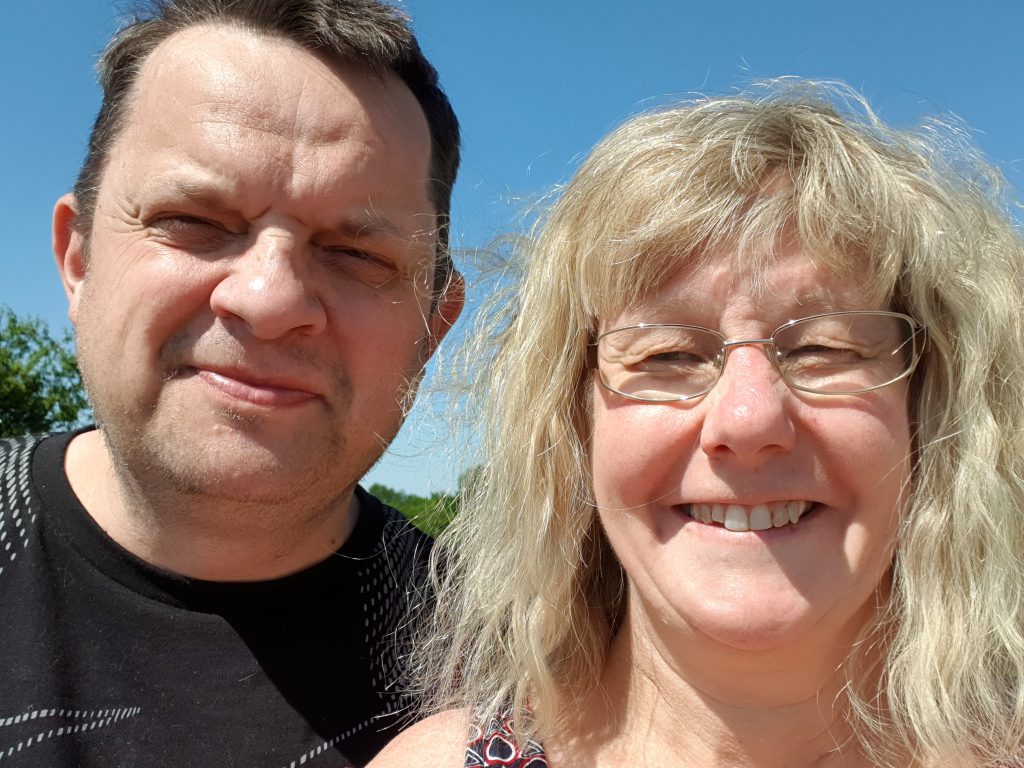Today (January 11th) is National Less Survivable Cancers Awareness Day, which aims to highlight the critical importance of early diagnosis in improving survival and quality of life for people diagnosed with less survivable cancers including liver cancer.
To mark the day, the Less Survivable Cancers Taskforce (LSCT) has released new data to highlight the critical importance of symptom awareness for early diagnosis of lung, liver, brain, oesophageal, pancreatic and stomach cancers.
A UK-wide survey carried out by the LSCT has found that awareness of the symptoms of these deadliest cancers is dangerously low across the country. Only 1% of respondents were able to correctly identify all symptoms of liver cancer from a list presented to them. Symptom awareness for oesophogeal and stomach cancers fared slightly better at 2% and 3% respectively while only 7% of respondents knew all the symptoms of pancreatic cancer. 9% of people could spot the signs of lung cancer while knowledge of brain tumour symptoms was higher but still only 20%.
Professor Stephen Ryder, Medical Advisor to the British Liver Trust and Consultant Hepatologist at NHS Nottingham University Hospital, added: “Lack of awareness of primary liver cancer and its causes is a common problem in the UK. The causes of liver disease and HCC, the most common primary liver cancer, are similar and interlinked. The good news is that there are things you can do to reduce the risks. Maintaining a healthy weight, avoiding drinking alcohol excessively and protecting yourself against viral hepatitis are the best defences against both liver disease and liver cancer.
“People can also develop cancer of the liver and gallbladder without the associated risk factors and should be concerned if they have any symptoms that are persistent and not normal for them. If you’re experiencing symptoms such as loss of appetite, nausea, a swollen stomach or yellowing of your skin and/or eyes, please don’t ignore them – make an appointment with your doctor to get them checked out

Fiona’s story
“While we were staying with them my sister noticed my skin was yellow which is a sign of jaundice. I was off my food as well. We enjoyed the weekend as best we could but I was obviously concerned as I had to wait till I got a doctor’s appointment the following week.”
Even more concerningly, when asked whether they had a friend or loved one who had delayed seeking medical advice when experiencing symptoms which were later shown to be caused by a less survivable cancer, a massive 31% of respondents said yes. Sadly, of these cases, 67% were told by medical professionals that this delay had an impact on their treatment options.
In 2022, the LSCT reported that many patients with a less survivable cancer will only be diagnosed after an emergency admission to hospital or an emergency GP referral after symptoms have become severe. [2] These late diagnoses account, in part, for the catastrophic prognoses for thousands of people each year as patients with cancers that are diagnosed in an emergency suffer significantly worse outcomes. [3]
